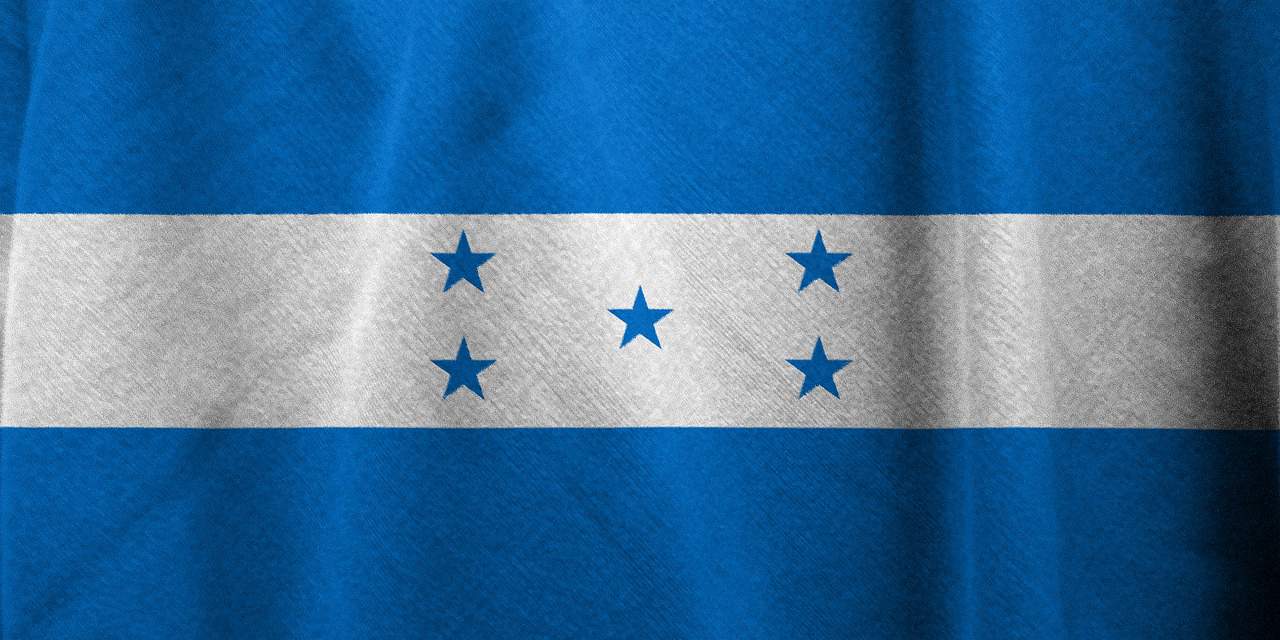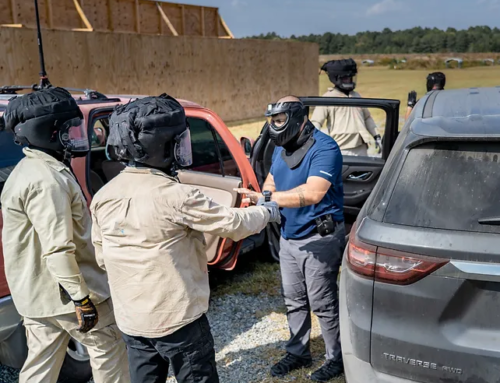
Honduras Travel Security
Crime overview:
Crime in Honduras is quite unpredictable, and very few areas are considered safe. Notably, areas surrounding Suyapa Cathedral, downtown Comayagüela, downtown Tegucigalpa, and neighborhoods in the city’s outer perimeter are notoriously controlled by gangs. Tourists and foreign travelers in the San Pedro Sula area have been victims of armed robberies while traveling from the airport to hotels in tourist vans, minibusses, and rental cars. Workers of NGO’s visiting some rural communities to render aid, as well as missionaries, have reported threats and assaults by local criminals.
Major cities like Tegucigalpa, San Pedro Sula and La Ceiba and smaller municipalities such as Atlántida, Colón, Cortés and Yoro have homicide rates higher than the national average. The cooperation between Honduras and the United States, as seen homicide rates falling from 86.0 per 43.6 per 100,000 from 2012 to the end of 2019. Kidnappings also declined by 82% since 2013 (92 in 2013-12 in 2019). (Source OSAC)
Since 2010, there have been approximately 60 murders of U.S. citizens reported in Honduras in the San Pedro Sula and La Ceiba areas. Some of these deaths, occurred shortly after arrival and local Police investigated a local gang that was allegedly targeting travelers from arrival at the airport.
Crimes such as armed robberies, burglaries, vandalism, home invasions, and extortions occur impact the locals, foreign travelers, tourists, government officials, and even gated communities with high-level security measures in place. Roatán and the Bay Islands are the tourist hot spots in Honduras and are separated from the mainland. Although the risk level is lower than other Caribbean islands, crimes such as thefts, break-ins, assaults, rapes, and murders do occur.
Credit card skimming is common especially in known restaurants, hotels, and retailers. There is often a spike in skimming in December and June when the working population receives Christmas and mid-year bonuses in the form of one extra month’s salary.
Road conditions and Safety:
In 2019, there were 1,500 traffic fatalities throughout the country due to lack of infrastructure, poor road conditions, and the absence of basic road safety education, laws, and regulations. Unlicensed and undisciplined motorists, vehicles beyond their lifecycles, animals, and people wandering onto the road, absence of markings, proper lighting, and unpaved roads, are the root cause for the many fatalities occurring every year across the country.
Public Transportation Conditions:
The public transportation sector is the most affected by gang violence, extortion, and homicides. Multiple acts of vandalism and arson against buses and taxis made the local news and numerous passengers had been the victims of violence, including robbery, kidnapping, and rape. It is highly recommended to avoid public transportation at all costs and to rely on security professionals by planning for secure ground transportation and close protection services while traveling in Honduras.
In 2019, gang violence on public transports claimed the life of 75 people between a taxi, bus drivers, and passengers. It is known that criminals travel on regular basis on buses committing criminal acts with impunity along the way.
Civil Unrest:
Civil unrest is common. While most protests are peaceful, violence can erupt at a moment notice, mostly spurred by the outrage against government corruption, controversial education reforms, and allegations of involvement in drug trafficking and gang violence. It is crucial for travelers unfamiliar with the environment, to avoid protests and even small gatherings to minimize risks.
Religious/Ethnic Violence:
Ethnic and indigenous communities, mostly located in remote areas clashed in the past over land ownership and natural resource allocation. The government was unable to intervene to restore order not to provide medical assistance, which nonexistent in the majority of these territories.
Natural disasters:
On November 19th, 2020, Tropical Storm “Eta” and Hurricane “Iota” hit Honduras, back to back, causing the worst natural disaster in history. Mud and water submerged houses, killing many people and children and leaving the country in shambles.
ETS Risk Management provides secure ground transportation in Honduras for business and leisure travelers, together with executive protection services and the ability to assist its clientele for a simple transfer (airport/hotel and return), movements throughout the country, close protection armed or unarmed, armored and non-armored vehicles all including a security driver.
Our low profile approach and discretion enable client’s operation while facilitating itineraries. We are agile and have the ability to adapt to fast-paced environments and to provide service at a moment’s notice.






